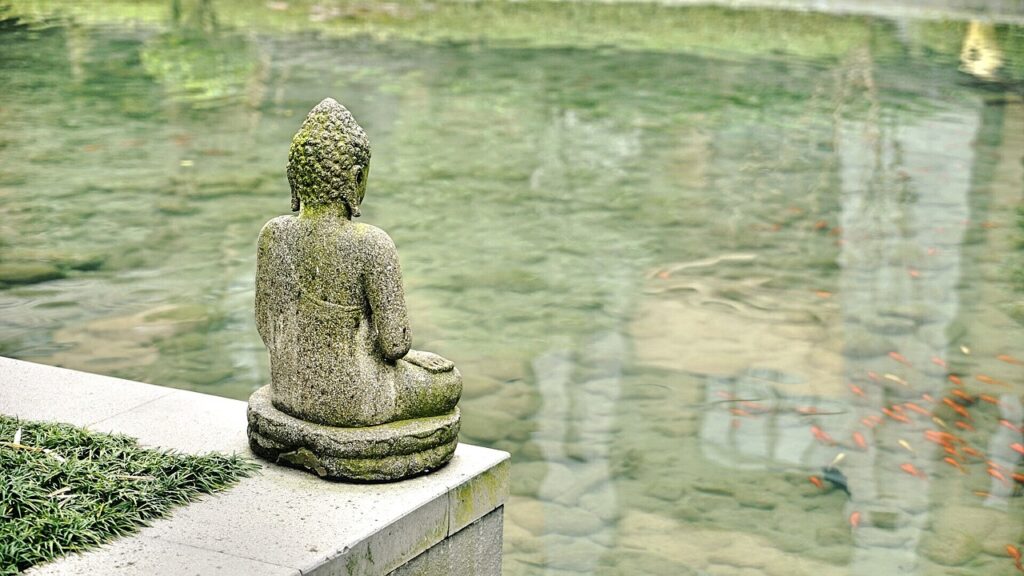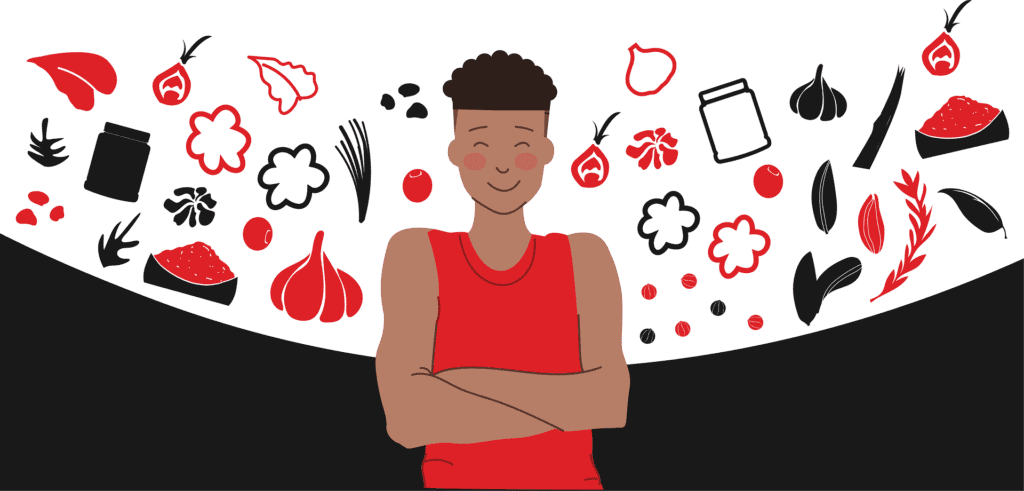Amidst the incessant commotion of the modern world, achieving inner calm and tranquility can be difficult. But meditation may be an effective strategy for leading a more tranquil existence. You may acquire a level of relaxation and mental clarity through meditation by concentrating your attention on a certain thing, idea, or activity.
Meditation is now becoming more and more well-liked among individuals of all ages and backgrounds due to its many physical, mental, and emotional advantages. The many styles of meditation, their advantages, how to begin, and typical difficulties will all be covered in this blog.
So let’s get started and learn how to use meditation to achieve inner peace!

The Advantages of Meditation
There are several advantages of meditation for our emotional, mental, and physical well-being. Let’s examine some of the most prominent advantages of meditation:
- Reduced Pressure and Anxiety: One of meditation’s main advantages is that it may prop in lowering pressure and anxiety. meditation can help you relax your mind and relieve worries and anxiety by rehearsing awareness and concentrating on the present moment.
- Sleep Better: Regular meditation can also help you sleep better, falling asleep more snappily and staying asleep for longer. Sleep music can further boost the advantages of meditation and raise the quality of your sleep.
- Increased Self-Awareness: By enabling you to examine your studies and passions without passing judgment, meditation can also help you become more tone- apprehensive. You may have a lesser mindfulness of who you’re and how you bear as a result, which will help you grow personally.
- Advanced Focus and Attention: Meditation may help you become more focused and suitable to concentrate, which makes it an excellent tool for boosting productivity and attaining pretension.
- Better Cardiovascular Health and Drop Blood Pressure: Exploration has shown that regular meditation can drop blood pressure and enhance general cardiovascular health. This is due to the fact that stress, which is a major contributor to high blood pressure and other heart-related issues, may be reduced by meditation.
- Better Emotional Well-Being: By encouraging feelings of serenity, joy, and general well-being, meditation can also boost your emotional well-being. By constantly rehearsing meditation, you may enhance your overall quality of life and cultivate a more auspicious station toward life. Here is something that can give you insight on how you can further improve your mental health and why it is crucial.
Meditation has numerous advantages and can ameliorate our physical, internal, and emotional well-being. It is an effective strategy for leading a more gratified and tranquil life, with benefits ranging from lowering stress and anxiety to enhancing sleep quality and cardiovascular health.
Types of Meditation
Let’s examine each type of meditation in more detail.
- Mindfulness meditation aims to focus on the present moment while letting thoughts and sensations come and go without judgment. We may cultivate a stronger sense of inner calm and tranquility by engaging in awareness practices that help us become more conscious of our studies and feelings.
- Loving-kindness meditation: Meditation that cultivates loving-kindness toward oneself and others is known as loving- kindness meditation. We may increase our empathy and compassion for ourselves and the people around us by concentrating on good ideas and feelings.
- Body Scan Meditation: During body scan meditation, you pay close attention to every area of your body while concentrating on your feelings and experiences. We may connect with our bodies and become more conscious of our bodily experiences by practicing this kind of meditation.
- Transcendental Meditation: To encourage a profound level of relaxation and mental clarity, transcendental meditation uses a specific mantra that is silently chanted. It has been demonstrated that this meditation lowers stress and anxiety while enhancing general well-being.
How to Get Started with Meditation
After looking at the many styles of meditation, let’s discuss how to begin practicing meditation. Here are a few things for newcomers:
- Find a peaceful and quiet place.
- Even if it’s only for 5–10 minutes each day, schedule a definite time each day for meditation.
- Start your relaxation and concentration process with a guided meditation or utilize sleep music.
- Try out several meditation techniques to see which one suits you the most.
- Consider yourself with patience. It takes time and repetition to establish a regular meditation routine.
Challenges Faced
There can be difficulties along the road, as there are with any new practice. Following are some typical obstacles beginners to meditation encounter and advice for overcoming them:
Focusing Challenges: Start with shorter meditation sessions and progressively extend the duration if you have trouble focusing.
Racing Thoughts: Try concentrating on your breath or a particular mantra to stop your thoughts from racing.
Physical Discomfort: If you feel physically uncomfortable, consider altering your posture or supporting your body with a cushion or chair.
Lack of Motivation: For support and accountability, practice with a buddy or join a meditation group if you need help staying motivated.
Meditation is a potent technique that may enable us to lead happier, more tranquil lives. We may establish a regular meditation practice that improves our lives’ levels of calmness and tranquility by learning about the many styles of meditation, beginning to meditate, and overcoming frequent obstacles.
Conclusion
A precious skill that can lead to a further gratified and serene actuality is meditation. Meditation is getting more and more common and available to individuals of all periods and backgrounds due to its numerous physical, internal, and emotional advantages. By engaging in awareness practices, we may develop a lesser sense of self- mindfulness and learn more about who we’re and how we bear. Regardless of how long you have been planning or how new you’re to it, You may gain the advantages of a calmer and further apprehensive actuality by including meditation in your day-to-day schedule.






